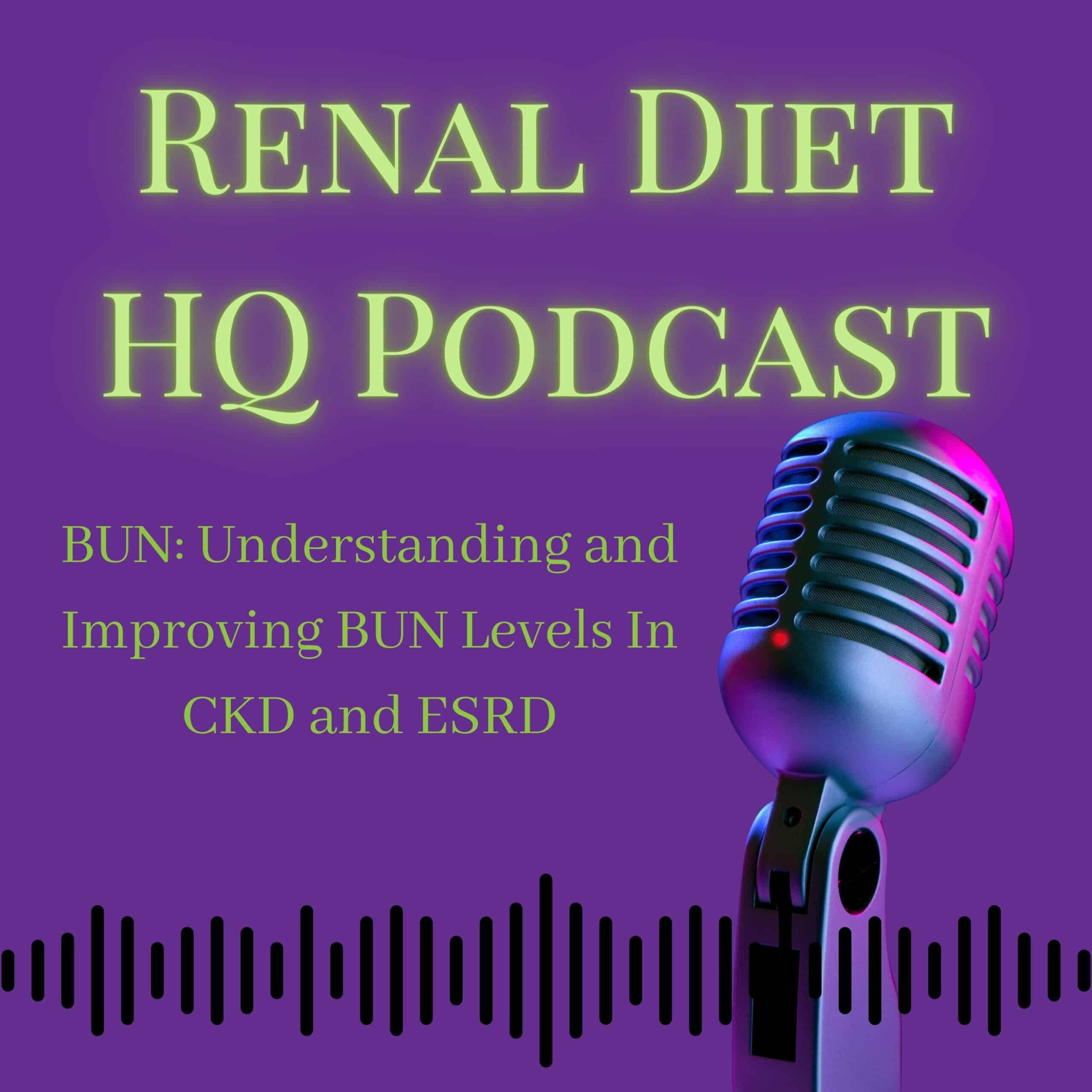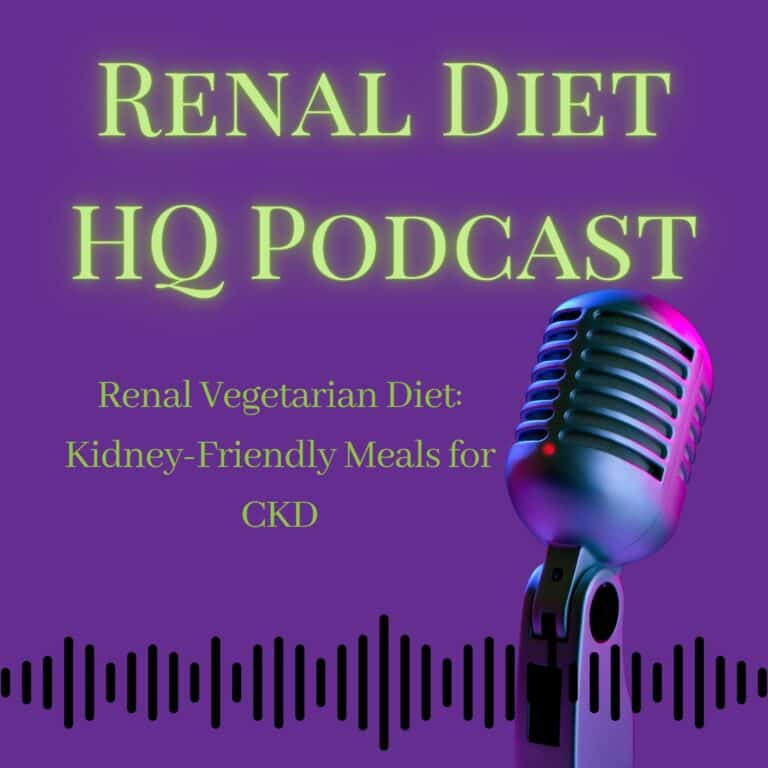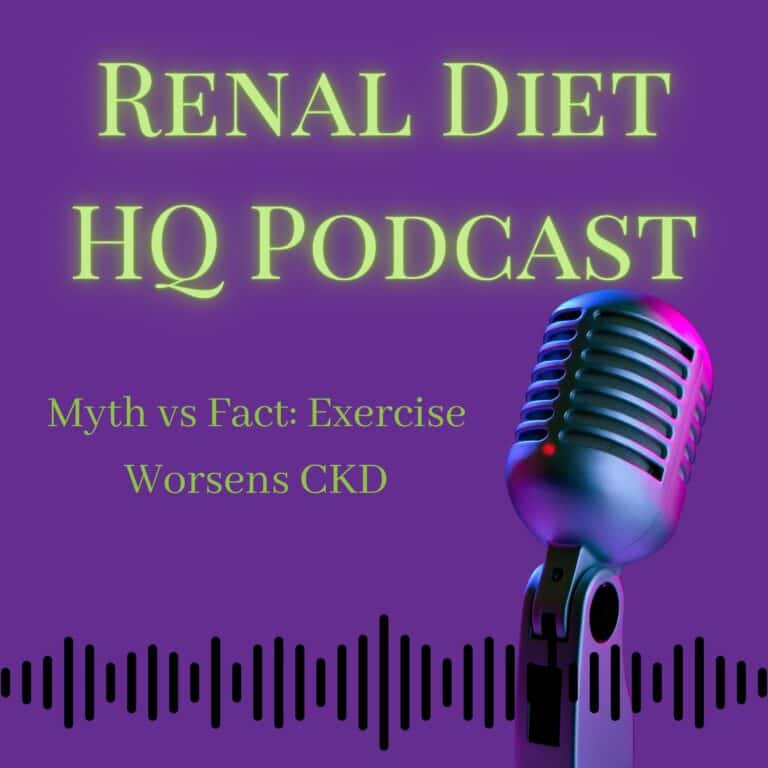BUN: Understanding and Improving BUN Levels In CKD and ESRD- Podcast
Podcast: Play in new window | Download

In the realm of kidney health, terms like BUN (Blood Urea Nitrogen) levels often surface, yet many remain unclear about their significance. Delving deeper into BUN levels unveils their pivotal role in assessing kidney function and overall well-being. Join us as we navigate through the intricacies of BUN levels with a seasoned expert in chronic kidney disease nutrition, shedding light on how understanding these levels can empower you in your journey toward optimal kidney health.
For More Recipes and Ideas --->> Get Your Free Meals and Recipes That Are Perfect for Pre-Dialysis Diets, Pre-Dialysis with Diabetes, or Dialysis Diets.
For More Recipes and Ideas --->> Get Your Free Meals and Recipes That Are Perfect for Pre-Dialysis Diets, Pre-Dialysis with Diabetes, or Dialysis Diets.
What Are BUN Levels and Why Do They Matter?
BUN levels serve as a yardstick for evaluating kidney function, reflecting the body's ability to eliminate waste products efficiently. Originating from the breakdown of proteins by the liver, urea nitrogen emerges as a waste byproduct, eventually filtered out by the kidneys. Elevated BUN levels signal potential kidney dysfunction, prompting closer scrutiny of kidney health.
Interpreting BUN Levels
Interpreting BUN levels entails understanding their reference ranges and contextual factors like hydration, diet, and medication usage. While elevated BUN levels may indicate impaired kidney function, comprehensive assessment requires consultation with healthcare professionals to decipher nuanced implications accurately.
BUN Levels in Chronic Kidney Disease (CKD)
For individuals grappling with chronic kidney disease (CKD), monitoring BUN levels assumes heightened significance. Progression through CKD stages is often accompanied by fluctuations in BUN levels, offering valuable insights into kidney health. Recognizing symptoms associated with elevated BUN levels can prompt timely intervention and proactive management of CKD.
Managing BUN Levels Through Diet and Lifestyle
Effective management of BUN levels entails strategic dietary modifications and lifestyle adjustments. Moderating protein intake, maintaining proper hydration, and incorporating fiber-rich foods into one's diet are key pillars in supporting kidney health. Additionally, mindful lifestyle choices, such as limiting alcohol consumption and adhering to prescribed medications, contribute to overall well-being.
The Role of Fiber in BUN Regulation
Dietary fiber emerges as a potent ally in regulating BUN levels, particularly for individuals with CKD. A diet rich in fiber aids in waste elimination, fosters gut health, and mitigates the accumulation of urea nitrogen. By incorporating fiber-rich foods like whole grains, fruits, and vegetables into their diet, individuals can positively influence their BUN levels and support kidney health.
Recognizing Symptoms and Seeking Medical Attention
Vigilance in recognizing symptoms indicative of elevated BUN levels empowers individuals to prioritize their kidney health. Fatigue, swelling, and changes in urination patterns serve as red flags warranting medical attention. Regular check-ups and open communication with healthcare professionals facilitate proactive management and early intervention, ensuring optimal kidney function.
Understanding BUN levels transcends mere numerical values—it embodies a journey toward informed decision-making and proactive health management. By unraveling the complexities surrounding BUN levels and embracing holistic approaches to kidney health, individuals can navigate their health journey with confidence and vitality.
Empower yourself in your quest for optimal kidney health by accessing additional resources and support tailored to your needs. Visit our website today to embark on a transformative journey toward well-being and vitality.
Learn more about Boosting Flavor Without Salt Using herbs and spices to enhance your meals
Learn more about The Impact of Chronic Kidney Disease on Daily Life-Podcast
Learn more about Kidney Doctor: What is a nephrologst









